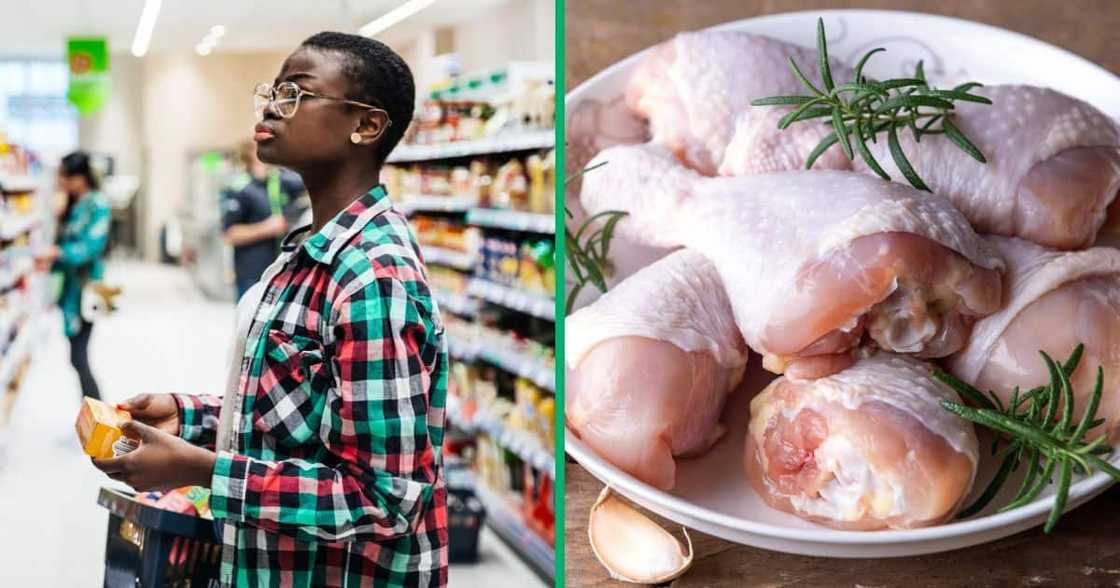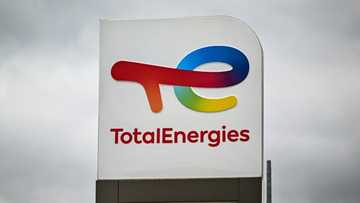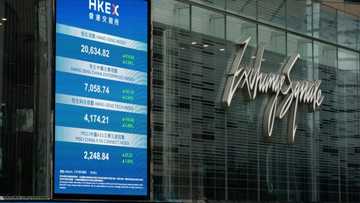Food and Non-Alcoholic Beverage Inflation at a Four-Month High, South Africans Worried
- The Consumer Price Inflation went down from 5.9% in October to 5.5% in November
- Despite this, the food and non-alcoholic beverage inflation, which includes meat and sugar foods, went up to a four-month high
- Wits University expert, Dr Kenneth Creamer, told Briefly News that various factors determine the food price increase
- Netizens felt woeful and did not believe that the CPI decrease made any difference to their pockets
Tebogo Mokwena, Briefly News's current affairs journalist, offered coverage of current affairs and societal issues during his seven years at Daily Sun and Vutivi Business News.

Source: Getty Images
According to Statistics SA, although the Consumer Price Inflation slowed to 5.5% from 5.9% in November, food and non-alcoholic beverage inflation remains at a four-month high. Meat went up, poultry products went up, and sugary products also increased. South Africans believed there was no cool-down but a PR effort by the African National Congress to garner more votes during the election.
Food inflation increased dramatically
Statistics SA released the stats on 13 December. StatsSA revealed that the consumer price index decreased from 5.9% to 5.5%, mainly caused by the decrease in the fuel price index. Despite this, meat inflation shot up from 3.4% to 3.5%. Individual Quick Frozen (IQF) chicken increased from 5.5% in October to 9.1% in November. Egg prices skyrocketed by 10.6% from 24.4% to 39.9% due to the impact of the avian flu.
Other things went up
Sweet things are no longer sweet because sweet things increased to 18.5% from 17.6% in October. White sugar rose by 21.4%, and brown sugar by 23.7%. It's also more expensive to get healing as pharmaceutical products go up. Mineral and vitamin supplements went up by 12.6%, painkillers shot up by 12.3%, and cough syrup increased by 10.3%.

Read also
South Africans angered after fuel price hike announced for February: "ANC is destroying us"
Economic Expert tells Briefly News why food went up
Wits University's Senior Lecturer of Economics and Finance, Dr Kenneth Creamer, told Briefly News that various factors determine why food prices increase.
"Deteriorating road quality, failing transport and logistics, and loadshedding all increase production costs. Food prices are also heavily influenced by weather conditions, so if there is drought or animal diseases like avian flu, this pushes down supply and prices up," he said.
"Inflation affects rich and poor households differently depending on which items have the highest price increases. Typically poorer households spend a larger proportion of their income on food, so higher food price inflation is especially bad news for poorer households in South Africa."
Mzansi questions the inflation decrease
South Africans on Facebook got headaches from the stats and believed they were hoodwinked.
Thabani T-Man Shandu said:
“There is no cooldown but a PR exercise to make Ramaphosa appear like someone doing well. In reality, everything is worse under Ramaphosa’s presidency.”
Tebogo Malomolapelo pointed out:
“They want us to forget about the Rand Manipulation.”
Andrew McMurray was stunned.
“5.5%? Where do these experts shop? They need to share. Mind you, if this research is linked to the government and ANC, most things are stolen and not purchased anyway.”
Nkosinathi Caiphus chipped in:
“Thus means nothing to our governor.”
Food increased to a 14-year high in February
Earlier in the year, Briefly News reported that inflation dropped in February, but food prices reached a 14-year high.
StatsSA released its CPI index and revealed in February that food and non-alcoholic beverages increased to 13.4%, the highest since 2009. South Africans were concerned that the food price increases were exacerbated by rising unemployment levels and the widening gap between the rich and the poor.
PAY ATTENTION: Сheck out news that is picked exactly for YOU - click on “Recommended for you” and enjoy!
Source: Briefly News



